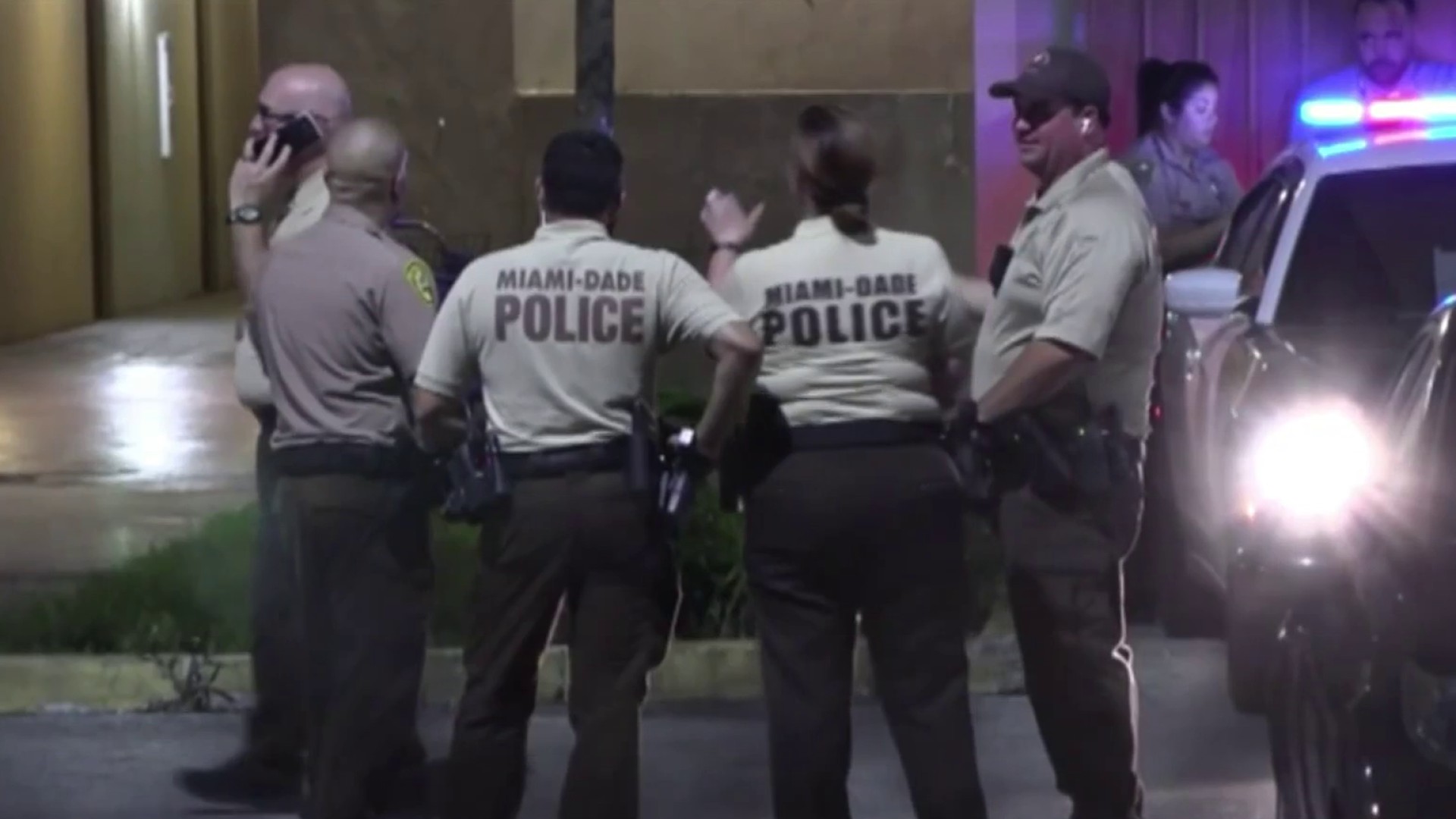Gov. Ron DeSantis assembled his COVID advisers Monday to warn the public about a threat that they said could lead to the end of the Age of Enlightenment and the end of civilization as we know it.
It was not a new deadly pandemic, or a massive cyberattack.
Rather, it was the decision by YouTube to flag as COVID misinformation a video of the governor's meeting with his advisors last month.
Some YouTube account holders, including NBC 6, were informed last week by YouTube that the full-length, uncut video of the March 18 meeting should be removed because it "included content that contradicts the consensus of local and global health authorities regarding the efficacy of masks to prevent the spread of Covid-19.”
Get South Florida local news, weather forecasts and entertainment stories to your inbox. Sign up for NBC South Florida newsletters.
DeSantis responded by reassembling the advisers for another roundtable discussion, where they repeated their doubts about the level of protection afforded by mask-wearing. The CDC has assembled a detailed analysis of the benefits of mask-wearing here.
DeSantis said YouTube's action was an example of "Orwellian big tech corporate media collusion" and noted the video website contains plenty of misinformation, citing debunked conspiracies about the 2001 terror attacks.
He did not mention one can view on the site former President Donald Trump claiming he actually won the 2020 election -- misinformation that the Justice Department and defense attorneys say incited Trump supporters to launch a deadly attack on the U.S. Capitol on Jan. 6.
Local
YouTube's decision to try and protect its users from COVID misinformation by removing the DeSantis video was described in harsh terms by the governor and his advisers.
"If this continues, this kind of attitude with censoring certain scientific views," said Dr. Martin Kulldorff. "Then I think we have reached the end of 300 years of enlightenment."
So move over, Galileo; make way for cat videos.
"This is almost the end of our civilization if we have this sort of censorship, I’m afraid," added Dr. Scott Atlas, the man Trump brought into the White House in August after seeing him on Fox News downplaying the virus.
Atlas was also controversial for promoting a form of limited herd immunity, letting the virus run its course among the least vulnerable while protecting the elderly and others most at risk. Fewer than 180,000 Americans had died of COVID when Trump hired Atlas; the death toll has now exceeded 559,000.
YouTube did not specifically cite passages from last month's roundtable that it found objectionable, but one of the participants, Dr. Jay Bhattacharya, did say this: "I think masks, in fact, in some ways, they have been harmful because people believe that masks protect them, vulnerable people, and they end up taking more risks than they ought because they feel they are protected by something that actually does not protect them. So I think masks have not only not been effective but have been harmful.”
The CDC advises that masks, used properly, do protect you, severely limiting the transmission of airborne particles that can spread COVID. (The agency cites 45 papers or studies in the footnotes on this page.)
But Monday Kulldorff doubled down on some of what his colleague was saying last month.
"It's clear that people are arguing that masks would sort of protect us, " he said. "But it's clear that we had a big wave now during the winter despite lockdowns, masks and contact tracing. So to think that masks give good protection is a naïve fallacy and actually a dangerous fallacy."
"Mask wearing works," said Dr. Bianca Soto, a pediatrician who has seen the evidence in her practice. "Especially if both people do it and don't let your guard down."
Further evidence of how masks prevent airborne transmission: pediatric influenza deaths in the US have nearly disappeared this flu season, with just one child death so far compared to 175 on average the last three seasons.
One big difference this year: so many adults and children are wearing masks.



